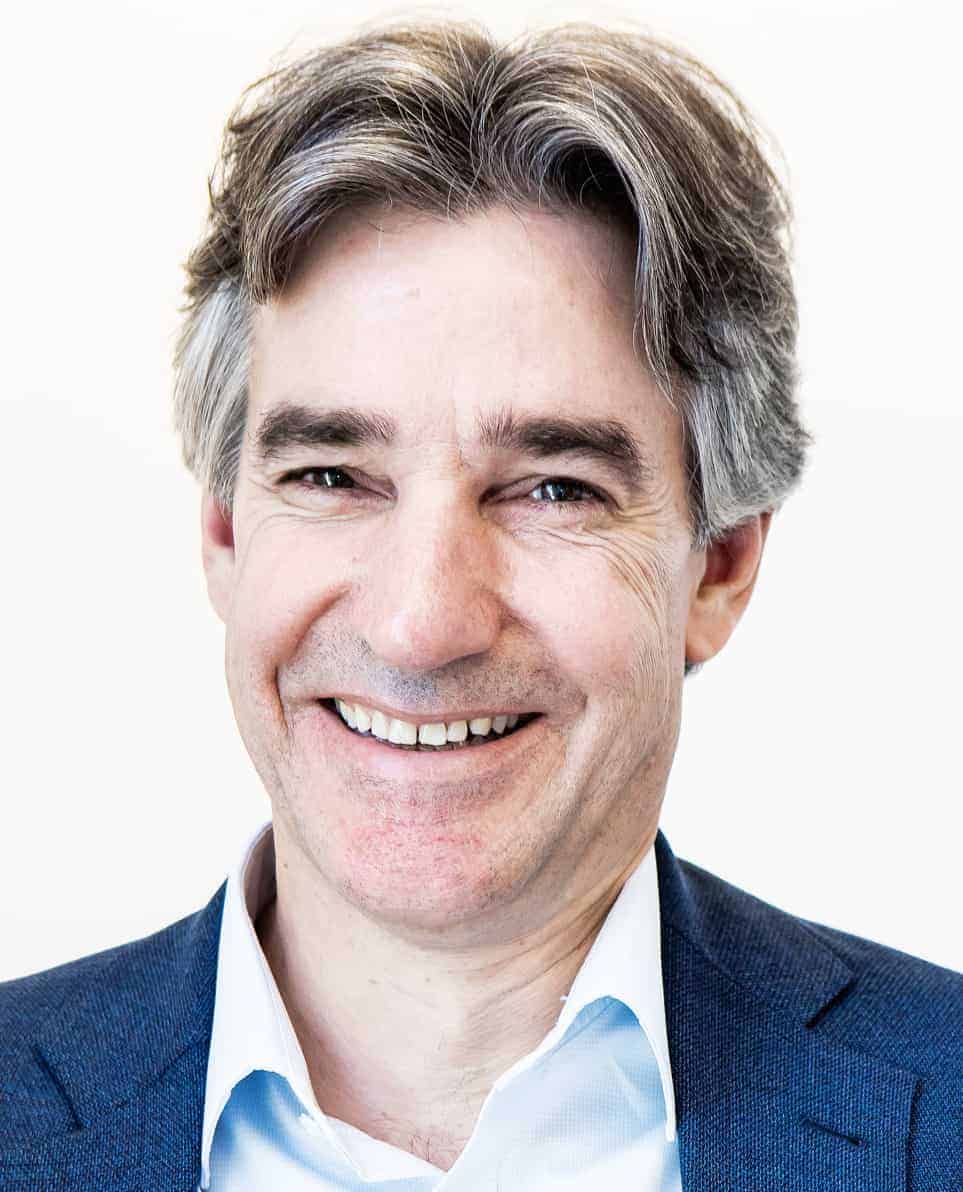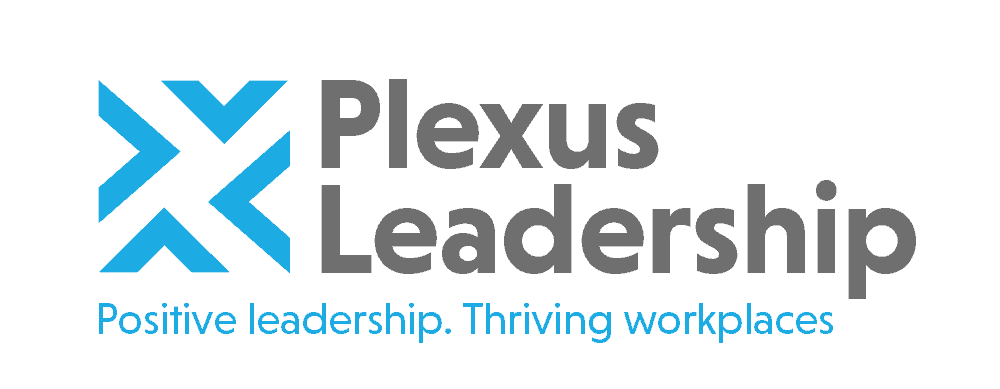Strengths in overdrive can become weaknesses. Here’s a proven way to successfully navigate the “What is your greatest weakness?” interview question …
In his recent Forbes article entitled “A Psychologist’s Guide To Answering ‘What Is Your Greatest Weakness?’ In A Job Interview”, Tomas Chamorro-Premuzic offers some misleading and unhelpful advice on how to deal with answering this all-important question during job interviews. I typically agree with Tomas and his contributions are usually backed by good evidence and science, however, on this occasion, he offers advice that is not only unhelpful but can even backfire and lose you the job.
Be straightforward
His first tip is to “act surprised” when asked about your weaknesses. This is based on the somewhat dubious assumption that your response will seem stronger if it doesn’t seem rehearsed. However, in my extensive experience interviewing people for key leadership and talent roles, I have always been underwhelmed by people who appear surprised or unsure about how to answer such an obvious interview question. The worst examples of this I have seen is when people say something lame like “I can’t think of any” or “Ummm, now let me think….I can’t think of anything off the top of my head.” My alternative tip is to prepare for the question and to answer it in a straightforward, authentic and assured way. Remember that everyone has vulnerabilities and weaker areas so you don’t need to “act surprised” or even worse, beat around the bush or try to water down your response.
Be honest and specific
Another dubious tip Tomas offers is that candidates should avoid being brutally honest about their weaknesses. I agree with Tomas’ view that it is not necessary to “hang yourself” by providing the hiring manager with a long list of your flaws. However, neither do you want to water down your weaknesses or use weak clichés like “I don’t spend enough time on my self-development” or “I’m a real perfectionist” to disguise your real performance risks. Be specific and totally honest about your one or two biggest performance risks and explain to the interviewer how you’ve learnt to mitigate these risks offering several examples of this wherever possible.
The interviewer will value your self-awareness and honesty which is what most interviewers are looking for. You will also avoid getting bogged down in the traps of coming across as guarded, vague or defensive or even worse, telling ever bigger lies to cover up if a savvy interviewer decides to probe your response.
Talk about your strengths in overdrive
Tomas’ article fails to even mention the whole area of strengths in overdrive and this is a very big omission. When your greatest strengths are overdone or used in the wrong way, they can lead to unintended negative consequences and undermine your performance and relationships. They also become viewed as weaknesses by co-workers and others around you. In fact, recent research shows that overdone strengths are a greater source of performance problems for managers and leaders than more obvious weaknesses and shortfalls in competence.
For example, courage can become recklessness, compassion can become dependency-inducing, enthusiasm can become over-zealous excitement, detail orientation can become perfectionism and slow productivity, etc. By being aware of your overdrive risks and sharing these with the interviewer in response to the weakness question, you will be showing excellent self-awareness. If you can also tell the interviewer how you’ve learned to recognise the triggers of these overdrive behaviours and mitigate these risks, you will also be showing great self-management ability, something all interviewers want to see.
Final tips on how to prepare for this question
- Before the interview, write down the one or two biggest performance risks that show up for you. Don’t just think about your obvious weaker areas, think about your overdone strengths too. If in doubt, watch our Success-driven Manager vlog about tackling your strengths in overdrive.
- Now write down the impact of these risks – for you, the team and the organization. Think about how these risks are perceived by your co-workers and other stakeholders as you can use this insight to demonstrate you have good self-awareness during the interview.
- Finally, write down next to each what you’re doing, or can do in future, to improve or mitigate each weakness or performance risk.
- Go through what you’ve written a number of times before the interview and you’ll nail the “what are your greatest weaknesses” question in the interview.
Other Posts

About the Author
James Brook
Founder and MD | Leadership Consultant | Organizational Psychologist
James is a leadership consultant, organizational psychologist and executive coach. He has over 25 years’ experience working with leaders, teams and organizations globally to optimize their performance, talent and future success. He specializes in positive leadership, thriving workplaces, collaboration and influencing, organizational change and transformation, accelerating innovation and coaching executives and leaders in innovative sectors including Tech, Digital, E-commerce and Life Sciences.
Before setting up Plexus Leadership, James held leadership roles in HR and Talent Management in the UK and abroad with companies such as NatWest, Yahoo! and Novo Nordisk Pharmaceuticals. After this, he founded and led several talent and leadership consulting and assessment businesses, including Strengthscope®, an online strengths assessment and development business serving a wide range of UK and global clients. James grew this venture into a global market leader before selling the business in 2018.
James has supported, advised and coached leaders and teams globally across diverse industries and geographies. Clients he has worked with include Allen & Overy, Commvault, Equinor, Facebook, GSK, Hilton, John Lewis, Novartis Pharmaceuticals, NHS, Oracle, Sainsbury’s, Swiss Re, Tesco, Takeda Pharmaceuticals, WSP and Yahoo!.
James has a Master’s in Organizational Psychology, an MBA, an Advanced Diploma in Executive Coaching and a Harvard Business qualification in Sustainable Business Strategy. He is a member of the Institute of Directors, the Association of Business Psychologists and a Fellow of the Chartered Institute of Personnel and Development (FCIPD). He is currently undertaking a PhD in Organizational Psychology examining the start-up experiences of Tech and Digital entrepreneurs.
James is a regular contributor and speaker on leadership, coaching, innovative talent management and the future of work. His most recent book, Optimize Your Strengths, explores how leaders can create thriving workplaces by inspiring and supporting people to optimize their potential and teamwork to deliver breakthrough results.





